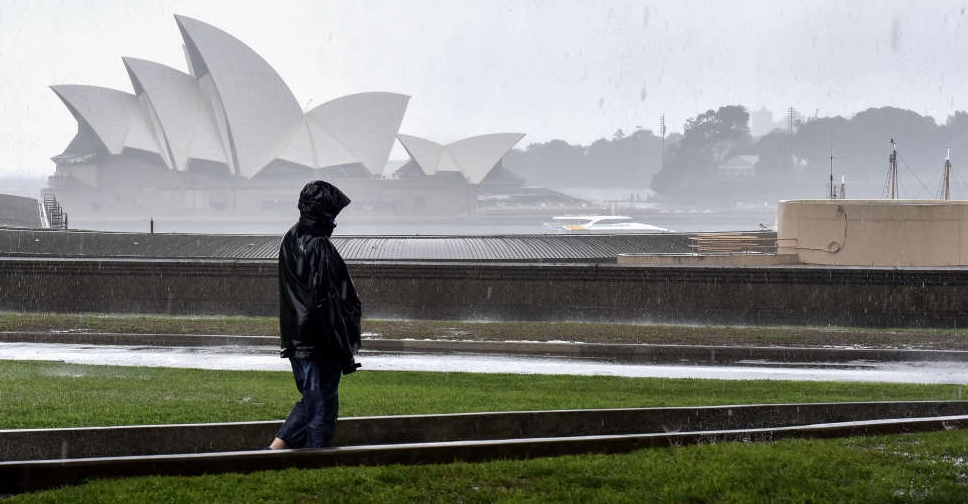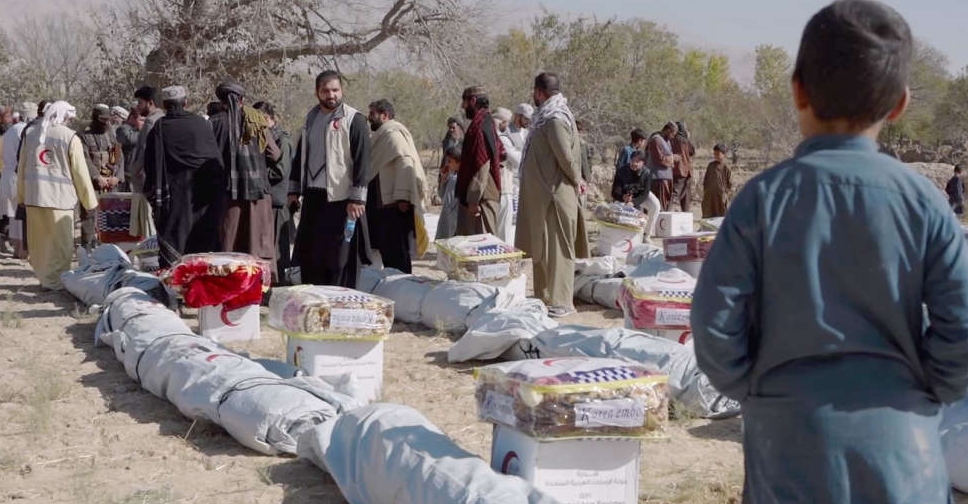
Thousands of residents across southeast Australia braced for renewed flooding on Tuesday as weather forecasters warned of more downpours later this week, while swollen rivers continued to roll downstream inundating farms, towns and homes.
Australia's longest river, the Murray, which straddles the border between the two most populous states of New South Wales and Victoria, could hit a near 30-year high on Friday around the border towns of Echuca and Moama, home to more than 20,000, the Bureau of Meteorology said in its latest update.
In Moama, about 200 kilometres north of Melbourne, emergency crews ramped up the delivery of sandbags and set up rescue centres to help shelter hundreds of evacuated residents. Several thousand more in northern Victoria and southern New South Wales have been warned to prepare to leave their homes.
Despite the wild weather having eased, major flood warnings remain across wide swaths of southeast after the region received more than a month's total rainfall over two days last week.
"Our dams are full, our rivers are full, so we do expect this to be a difficult time. And even if the skies are blue... please be ready to leave, be ready to evacuate," New South Wales Premier Dominic Perrottet said during a media briefing.
More rain is expected from late Wednesday in some of the flood-hit region with a low-pressure system expected to dump up to 50 mm (2 inches) of rain.
Federal Treasurer Jim Chalmers has warned flooding in growing areas could push up food prices and flagged more relief spending ahead of a budget due next week.
"When some of the best farmland in the world goes underwater that has obvious consequences for crops... it has consequences for cost of living around Australia too," he said.
Plant- and dairy-based beverage maker Noumi, which processes milk at a facility in the flooded town of Shepparton, has flagged operations were running at reduced capacity amid media reports dairy farmers were dumping milk after farms were cut off by rising water.


 Cloudflare outage cuts access to X, ChatGPT and other web platforms
Cloudflare outage cuts access to X, ChatGPT and other web platforms
 Kremlin says Russia will not participate in Ukraine talks in Turkey this week
Kremlin says Russia will not participate in Ukraine talks in Turkey this week
 After UN vote, Netanyahu calls for Hamas' expulsion from the region
After UN vote, Netanyahu calls for Hamas' expulsion from the region
 UN Security Council adopts US resolution on Trump's Gaza peace plan
UN Security Council adopts US resolution on Trump's Gaza peace plan
 Iraqi PM-led coalition tops election with 46 seats, commission says
Iraqi PM-led coalition tops election with 46 seats, commission says




